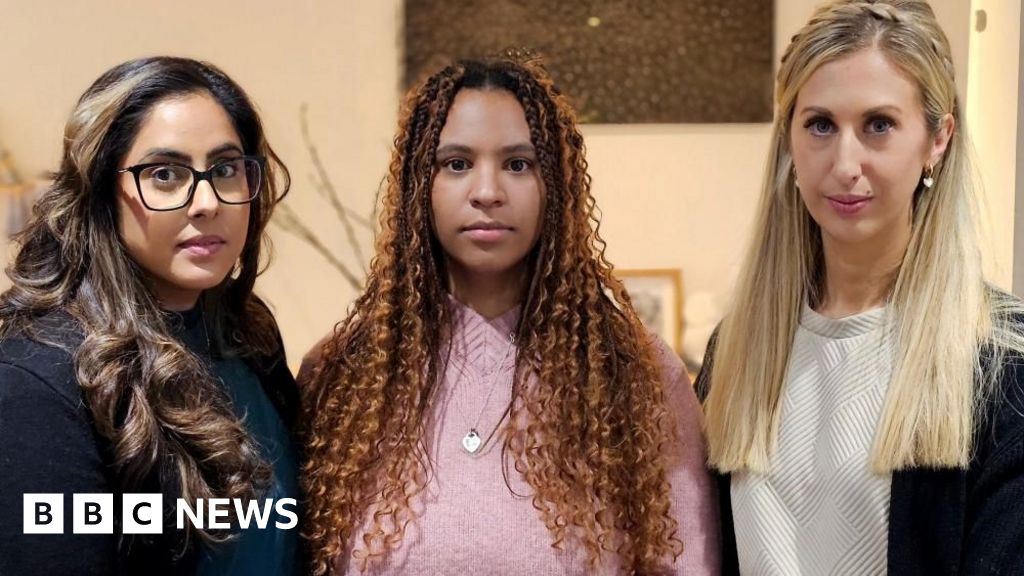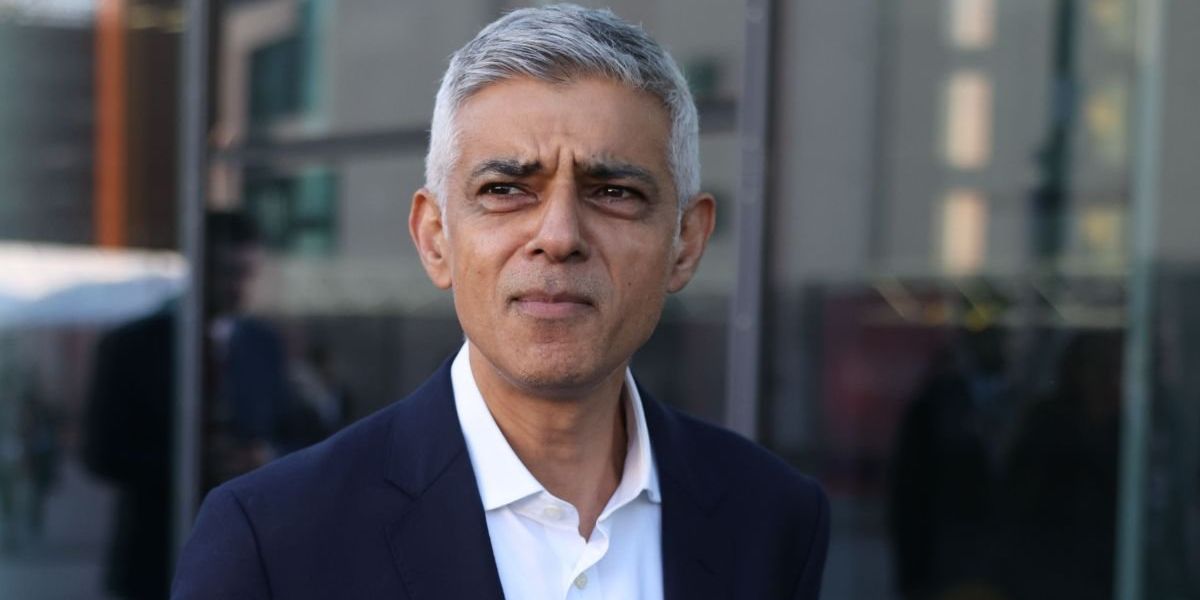London Police Charge Man with Terror Offense After Embassy Incident

London's Metropolitan Police have charged Abdullah Sabah Albadri, a 33-year-old man, with preparing 'terrorist acts' and possession of a pointed or bladed article, following an incident at the Israeli Embassy in Kensington. The arrest occurred on Monday evening after officers from the Parliamentary and Diplomatic Protection Command noticed Albadri attempting to gain unauthorized access to the embassy grounds.
Commander Dominic Murphy, leading the Counter Terrorism Command, emphasized that initial investigations suggest Albadri acted alone and that there is no broader threat to public safety. 'We continue with our investigation and would urge the public not to speculate further at this time,' Murphy stated, highlighting the ongoing nature of the inquiry despite the charges already laid.
The incident has drawn attention to the security measures surrounding diplomatic premises in London, particularly those associated with nations involved in geopolitical tensions. The swift response by the police underscores the high level of vigilance maintained around such sensitive locations.
Albadri is scheduled to appear in court, marking the next step in a legal process that will scrutinize the motives behind the alleged attempt to breach embassy security. The case has reignited discussions on the challenges of preventing lone-actor threats in urban centers.



